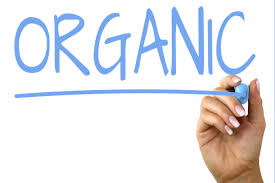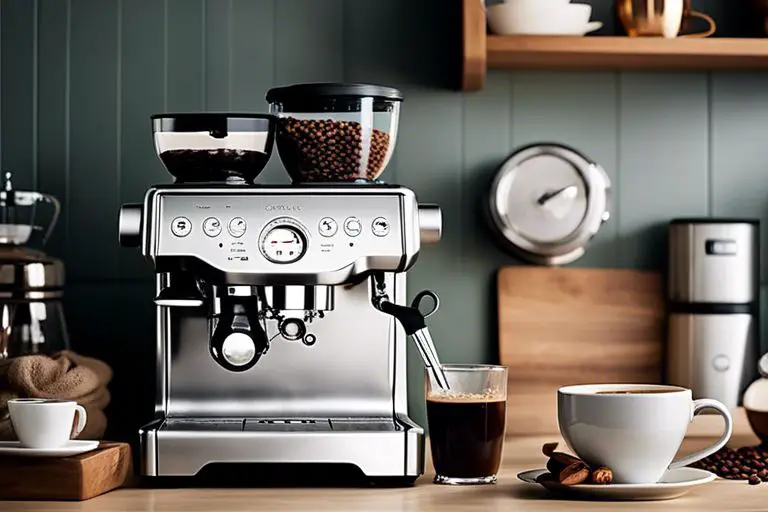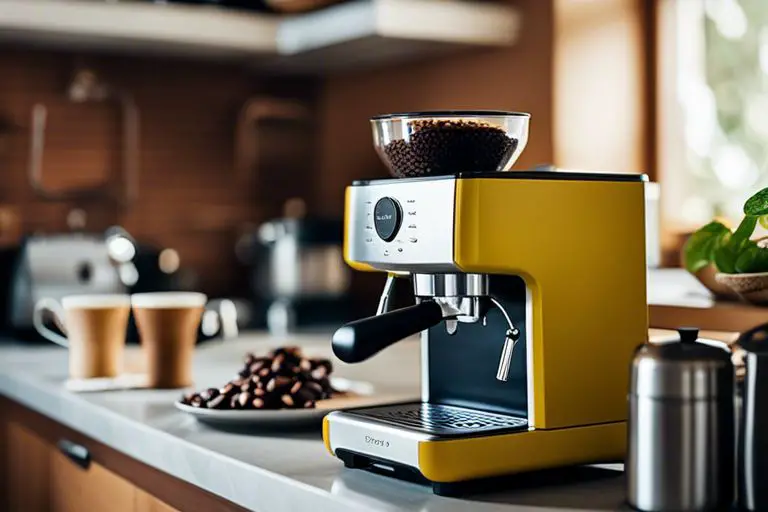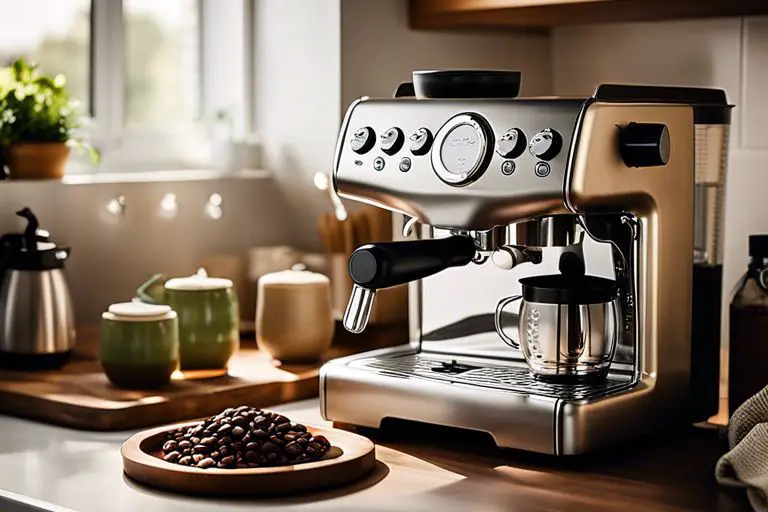Organic coffee or any other product that carries a label of organic certification has to comply with strict quality control legislation from a small selection of government approved organisations. Organic coffee has to be naturally grown and free from any man-made artificial substances such as pesticides or fertilisers.
In the UK there are only 9 government approved organic control bodies that are responsible for ensuring that EU regulations for organic standards are upheld and adhered to. Nothing can be labelled organic unless it has been approved by one of these companies and anyone that does so would be breaking the law.
It can take 2-3 years to become organically certified from the beginning of the application process and then inspections take place at least once a year to ensure that the organic requirements are being upheld.
If you do decide to go organic then it is reassuring to know that this is a very heavily regulated industry and you can be sure that anything that carries the organic certification label in the UK is indeed organic and not just a non-organic product masquerading as 100% natural.
What is the difference between organic and regular coffee?
Growing coffee plants organically is a far more complex and costly process than growing coffee on non-organic plantations due to the strict requirement for no chemical pesticides.
One of the biggest enemies of a successful harvest is fungal diseases which can devastate harvests and can significantly reduce the amount of coffee produced during a season and the most effective way to treat the disease is to treat the coffee plants with chemicals.
A lot of organic coffee is grown in the shade because that alone naturally protects it from some of the insects that can destroy the coffee cherries. Coffee plants grown in the shade are one of the things that can have a positive effect on the overall flavour.
Shading means that the overall quality of the soil is better and it also promotes lower levels of weeds that need to be eradicated. Twigs and leaf fall and absorb more easily into the soil in shaded areas and act as natural fertilisers.
Natural fertilisers such as cattle manure and mulching are used to promote the healthy growth of coffee plants in order to comply with wth organic certification requirements.
Most organic coffee is hand-picked which means that the picker can literally eyeball the coffee cherries and pick only the ones that are at maximum ripeness whereas a lot of non-organic that is machine harvested will just pick everything and therefore you get an overall lower quality product.
A lot of producers of organic coffee are also fairtrade compliant which means that they are specifically regulated to ensure that everyone gets a fair deal in the whole coffee chain all the way down to the labourers that pick the coffee.
Here is some more information specifically about Fairtrade coffee
Does organic coffee taste better?
Long before artificial pesticides were invented to help produce more coffee quickly to meet the huge rising demand for cheap coffee beans, coffee was grown for hundreds of years using nothing but natural man-made fertilisers.
Whilst the harvests may not have been as fruitful as they may have been if they were sprayed to protect them from disease and insects, they produced a flavour that was not masked or suppressed by chemicals.
When you choose organic you are not only helping to protect the environment from chemicals that can get released into the air or into the water in the soil that could run through into local rivers causing pollution but with coffee you are most definitely getting a far superior tasting product than non-organic.
When you come to enjoy coffee as an experience rather than just a daily habit you start to enjoy all of the small things that add up into big things and when you drink coffee that has nothing artificially added to it then you are going to notice the difference in flavour.
When something has been cared for and nurtured, it is always going to be better than something that is mass-produced.
Choosing an organic coffee is like choosing a fillet steak where a non-organic coffee is comparable to a rump steak.
If you are used to eating rump steaks all the time then they are fine but when you eat a melt in the mouth fillet steak the difference is instantly noticeable.
Organic coffee is the same. Once you have established the kind of coffee that suits your palate best from light roast through to dark roast and then you choose organic to go with that, you will get an explosion of flavour with every mouthful and when you do you probably never go back to regular coffee.
Why should you buy organic coffee?
It’s better for you. Non-organic coffee is heavily treated with chemicals and artificial fertilisers to ensure the minimum amount of damage to the crops.
Although only traces are left in the final product would you rather drink something every single day that has been saturated a number of times with chemicals or something that has been nurtured and harvested from nothing but nature itself?
There are no specific scientific studies that are able to compare the health benefits of drinking organic coffee versus non-organic but if you can afford the premium to get a naturally produced, chemical-free cup of coffee then it is well worth the extra.
The welfare of the coffee pickers. Because of the mountainous terrain that coffee plants flourish in most coffee producing countries still pick coffee by hand and it is a very low paid job.
Coffee pickers that pick coffee berries on non-organic coffee plantations are subjected to the chemicals that are sprayed on the coffee trees and over time that can affect their health. If there is more demand for organic coffee then fewer pickers will be subjected to the chemicals and they will also be paid more for their work as organic coffee commands a premium over non-organic.
It’s better for the environment. In countries like Costa Rica, it is not uncommon to see rivers that have turned brown in coffee-growing regions from the chemicals that the coffee plants have been treated with. The more naturally produced coffee that we buy the less pollution that will enter the ecosystem.
It’s fair to say that there are many reasons why organic coffee is better and now you can make an informed decision the next time you way up whether or not you are happy to pay a premium for it.
What is the best organic coffee?
To drink organic coffee at its best you need to buy whole, fresh organic coffee beans.
The coffee you buy in the high street coffee chains is not organic because the likes of Starbucks have to produce huge volumes of coffee to satisfy demand and in order to get it to the price they need, non-organic is the only way to go for them.
If you buy organic coffee beans and grind them yourself just before brewing then you will be drinking a far superior cup of coffee to anything you will ever buy in a coffee shop and for a much lower price per cup as well.
You can pick up a 200g bag of organic coffee beans in Waitrose or M & S for £5. That is going to make you at least 10-15 cups of coffee so between 33p and 50p per cup for something that is a world apart from a coffee shop where it can cost you £3 or more per cup.
If you normally drink instant coffee then get yourself a coffee machine and some fresh organic coffee beans and take your coffee drinking to a whole new level.
It doesn’t have to be expensive either. There are a whole host of options for you to consider ranging from as little as £10 up to more than £1000 for a top-end bean to cup coffee machine.
This article explains all the options:
What is the best coffee machine?
You can also learn how to choose and buy coffee beans.




